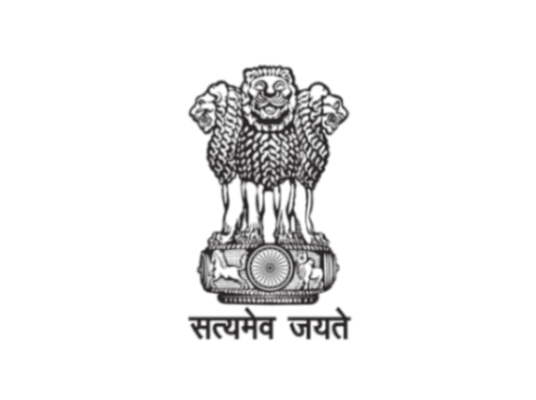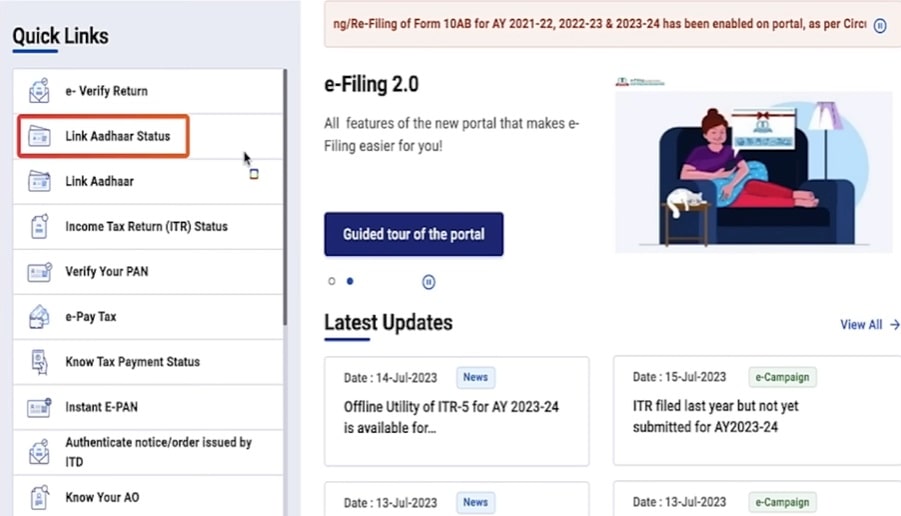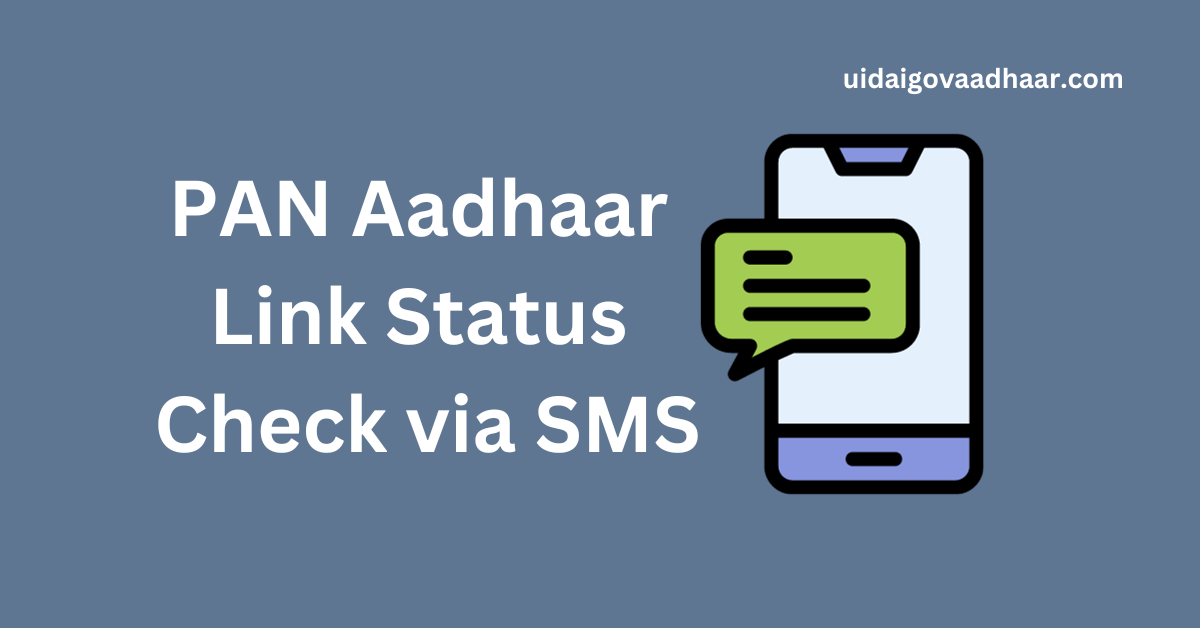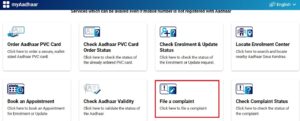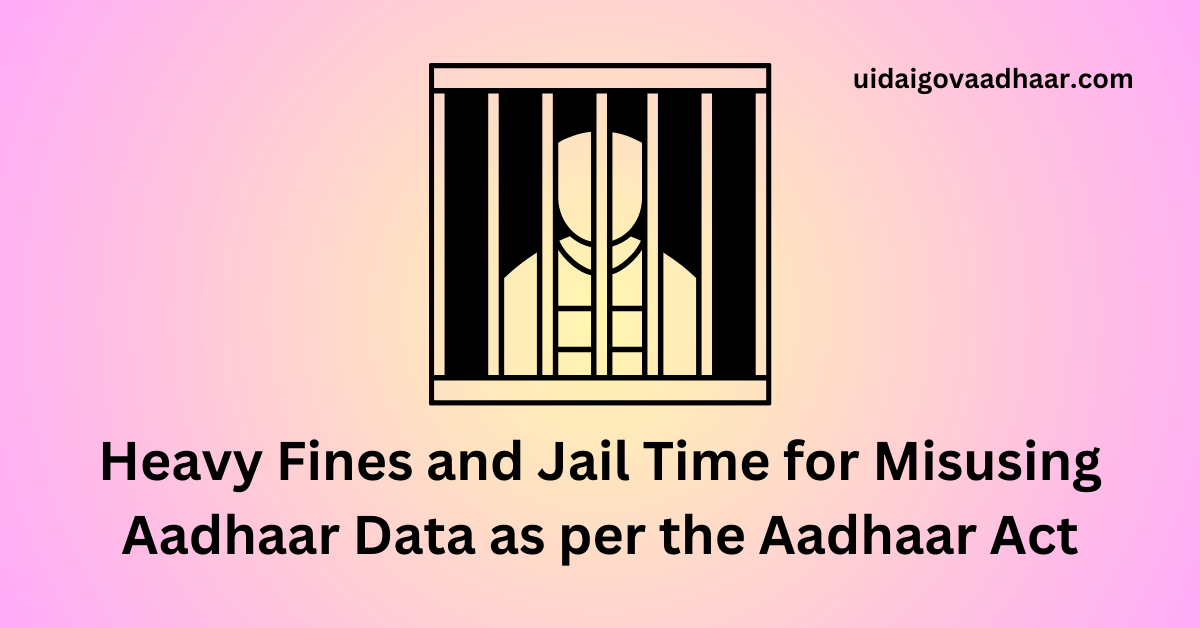 Heavy Fines and Jail Time for Misusing Aadhaar Data Under Aadhaar Act. Impersonators Can Get 3 Years Jail, Rs 10,000 Fine, Altering Aadhaar Information Can Attract 3 Years Jail, Rs 10,000 Fine, etc.
Heavy Fines and Jail Time for Misusing Aadhaar Data Under Aadhaar Act. Impersonators Can Get 3 Years Jail, Rs 10,000 Fine, Altering Aadhaar Information Can Attract 3 Years Jail, Rs 10,000 Fine, etc.
Aadhaar has become essential for accessing many government benefits and financial services. With sensitive personal data of over 1 billion Indians stored in the Aadhaar ecosystem, securing this system against fraud is critical.
The Aadhaar Act 2016 lays down tough punishments for various cyber crimes relating to the misuse of Aadhaar data and infrastructure. These include identity theft, hacking, unauthorized access and information leakage.
Impersonators Can Get 3 Years Jail, Rs 10,000 Fine
Furnishing false demographic or biometric data during Aadhaar enrolment is punishable under Section 34.
This includes providing fabricated details like name, address, date of birth, fingerprints etc.
Such impersonation is done to create fake Aadhaar IDs to avail benefits or carry out frauds.
The penalty is imprisonment up to 3 years and/or Rs 10,000 fine.
Altering Aadhaar Information Can Attract 3 Years Jail, Rs 10,000 Fine
Stealing the identity of an Aadhaar number holder by modifying their personal or biometric information is an offence under Section 35.
This aggravated identity theft involves altering a person’s Aadhaar data to take over their identity.
The offender can face imprisonment up to 3 years and/or Rs 10,000 fine.
Also Read: Can Aadhaar Card be Misused? How to Prevent the Misuse of Aadhaar Card?
Illegally Collecting Aadhaar Data Can Lead to 3 Years Jail
Pretending to be an authorized agency for gathering residents’ Aadhaar information is an offence under Section 37.
Data collectors have to be registered under the Aadhaar Act.
Fraudulently obtaining data can invite 3 years jail and/or Rs 10,000 or Rs 1 lakh fine.
This prevents unauthorized harvesting of personal information.
Also Read: How Many Times Can We Change Details in Aadhaar Card?
Sharing Aadhaar Details Can Result in 3 Years Jail, Fine
Intentionally disclosing identity data from enrolment or authentication to any unauthorized person or entity is punishable under Section 37.
Such information leakage violates consent terms and contractual obligations.
Offenders can face 3 years imprisonment and/or Rs 10,000 or Rs 1 lakh penalty.
Also Read: What are the Documents Required for Aadhaar Card Enrollment and Updates?
10 Years Jail, Rs 10 Lakh Fine for Hacking Aadhaar Database
Unauthorized access to the Central Identities Data Repository (CIDR) under Section 38 invokes grave penalties.
CIDR stores identity information of all Aadhaar holders, making it a high-value target.
Hacking the CIDR can lead to a 10 year prison term and minimum Rs 10 lakh fine.
Also Read: Is It Mandatory to Update Aadhaar Card Details Every 10 Years?
Altering CIDR Data Can Also Lead to 10 Years Jail
Tampering with any Aadhaar number holder’s identity information stored in CIDR is an offence under Section 38.
Data manipulation attacks compromise data integrity and residents’ privacy.
It can result in upto 10 years imprisonment and/or Rs 10,000 fine.
Also Read: What are the New Rules for Aadhaar Update?
Misusing Others’ Aadhaar Details Is Punishable
Using somebody else’s Aadhaar card or number for availing services or benefits is an offence under Section 37.
Such identity theft and frauds are on the rise.
The penalty is 3 years jail and/or Rs 10,000 or Rs 1 lakh fine.
Catch-all Provision: 3 Years Jail for Any Aadhaar-Related Crime
Section 44 stipulates imprisonment up to 3 years and/or Rs 25,000 or Rs 1 lakh fine for Aadhaar-related offences without specific penalties.
Covers gaps for any emerging cyber crimes related to the Aadhaar ecosystem.
The tough penalties aim to secure the Aadhaar ecosystem and protect residents’ personal data from misuse. Along with legal deterrence, robust cybersecurity systems are equally important.
